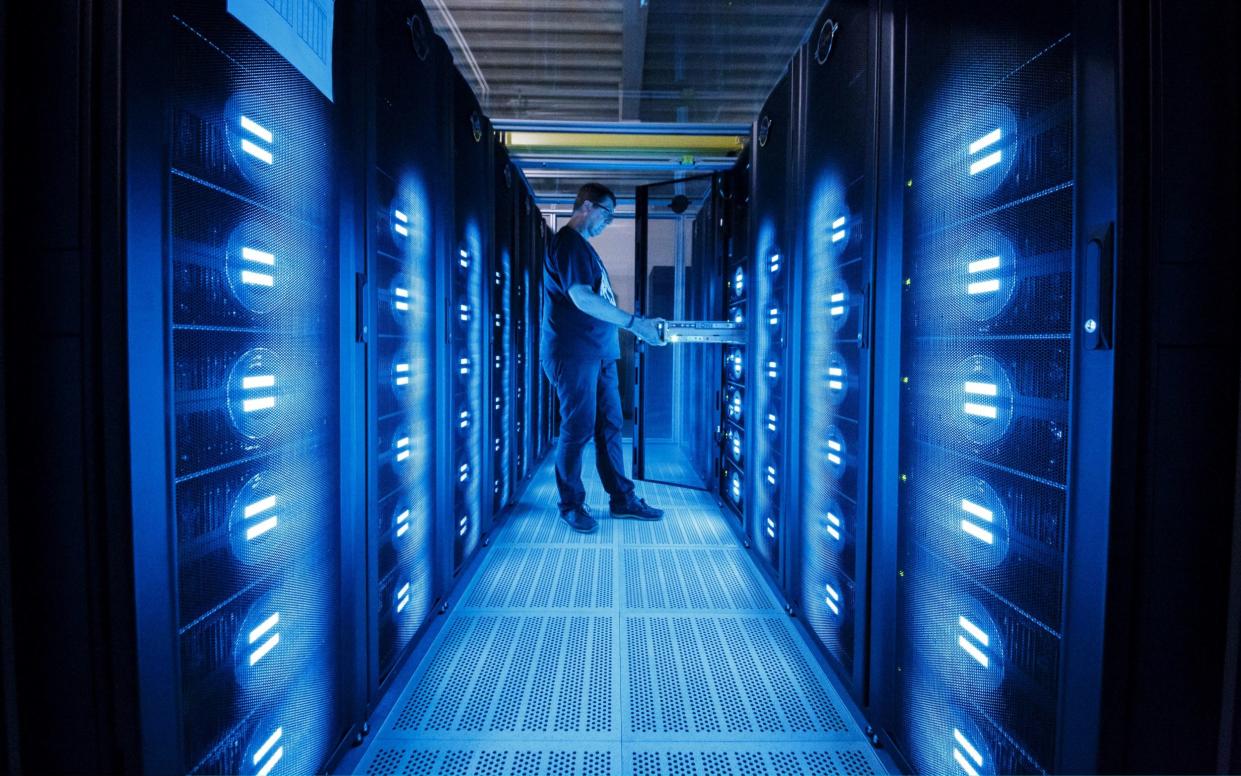British tech companies to use EU supercomputers after UK falls behind in power race

British tech companies and researchers will gain access to EU supercomputers after an official report warned that the UK was falling behind in the race for processing power.
The Government will announce on Monday that the UK has joined the European High Performance Computing Joint Undertaking, an EU programme to pool access to the most powerful supercomputers.
Under the scheme, known as EuroHPC, businesses and scientists can bid for grants to use eight powerful supercomputers, which are used for tasks such as drug discovery, artificial intelligence and weather simulation.
Machines in the programme include supercomputers in Finland, Italy and Spain that rank as the fifth, sixth and eighth most powerful in the world.
In comparison, the UK’s most powerful supercomputer is the Archer 2 system in Edinburgh, which sits in 39th place, according to the widely used Top500 list.
A Future of Compute review commissioned by the Government found last year that Britain had dropped from third in the world by supercomputer capacity in 2005 to tenth. It said that a lack of investment “threatens [the UK’s] standing as an international leader in science and technology”.
Britain left EuroHPC as a result of leaving the European Union at the start of 2021 but is becoming a member as part of rejoining the Horizon Europe science programme last year.
EU states as well as countries including Norway and Turkey are part of the scheme.
Joining the programme does not involve extra taxpayer money up front, but if British researchers or businesses receive grants from the programme to access supercomputing resources, funding is matched by the Government.
Saqib Bhatti, the digital economy minister, said joining the scheme was “an example of collaborating where we think it is beneficial for us to do so”.
In March, the UK also joined the EU’s semiconductor research programme, designed to allow microchip companies to carry out advanced research.
The Government has committed £1.5bn to boosting supercomputing facilities in the UK, with AI computing hubs in Bristol and Cambridge and a new “exascale” supercomputer in Edinburgh.
Michelle Donelan, the Science, Innovation and Technology Secretary, said: “I have made it my mission to unleash the benefits of AI for the British public and supercomputers are essential tools that our best and brightest researchers need to deliver breakthroughs that will grow the economy and improve all our lives, from healthcare to energy security.”

